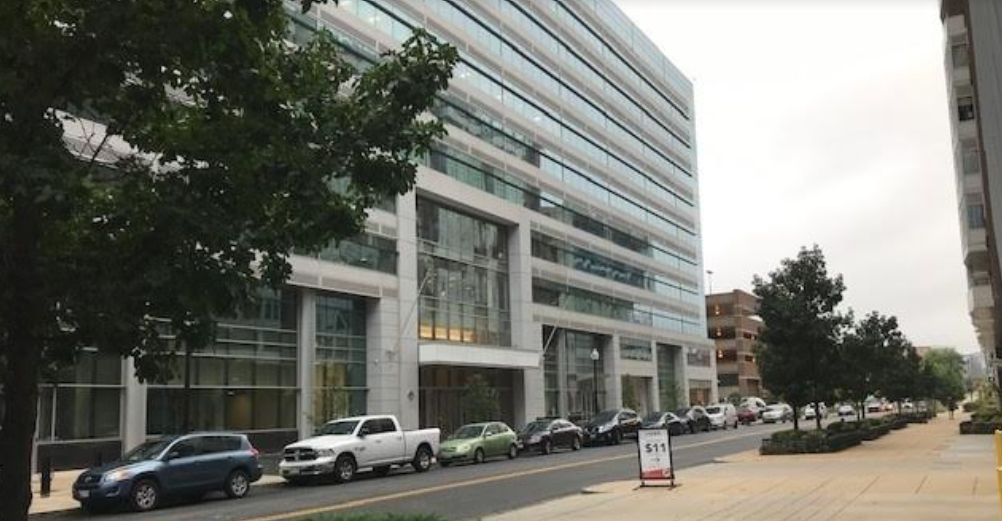Auto Interests Sue FCC Over 5.9 GHz Decision
Say it was wrong and beyond commission's authority

The smarter way to stay on top of the streaming and OTT industry. Sign up below.
You are now subscribed
Your newsletter sign-up was successful
Intelligent auto tech makers and highway officials have sued the FCC to block its decision to open up 5.9 GHz spectrum—that had been reserved for licensed vehicle-to-vehicle communications—for unlicensed Wi-Fi.
That FCC decision had been strongly backed by cable broadband operators for whom Wi-Fi is still their principal mobile broadband play.
The Intelligent Transportation Society of America (ITS America) and the American Association of State Highway and Transportation Officials (AASHTO) filed their appeal of the FCC decision Tuesday (June 2) in the U.S. Court of Appeals for the District of Columbia, which has principal jurisdiction over FCC decisions. They want the FCC to reverse the decision to free up the majority of the 5.9 GHz band for unlicensed Wi-Fi.
Also Read: FCC Votes to Drive Wi-Fi Expansion
"[T]he Commission seriously undermined all of the technological progress and investment in the Safety Band [their branding of the 5.9 GHZ band] by reallocating the majority of the band for unlicensed Wi-Fi operations wholly unrelated to automotive safety," they said, adding that the FCC had ignored the advice of "the federal DOT, automotive safety professionals, automobile manufacturers, and state highway officials," who all had issues with the FCC decision.
They said the FCC was both wrong and exceeded its authority. "Keeping people safe is the top priority for every state DOT,” said AASHTO executive director Jim Tymon. “We believe the FCC ruling has undermined state DOTs’ ability to utilize the 5.9GHz safety frequency as it was intended to be used.”
The FCC voted unanimously late last year—in the waning days of the tenure of FCC Chairman Ajit Pai—to free up the lower 45 MHz of the 5.9 GHz band for wireless broadband while transitioning the remaining upper 30 MHz to the latest iteration of vehicle-to-vehicle (V2V) communications, and cellular vehicle-to-everything (C-V2X) technology.
The smarter way to stay on top of the streaming and OTT industry. Sign up below.
Also Read: Wi-Fi Stakeholders High Five FCC 5.9 GHz Item
Current FCC acting Chairwoman Jessica Rosenworcel said at the time of the vote that it would "supersize Wi-Fi," which everyone is relying on during the pandemic.
"The FCC’s action ensures much-needed Wi‑Fi capacity for consumers while also promoting the development of new connected car technologies," said WiFi Forward, which strongly supported freeing up the spectrum for unlicensed. "The FCC acted well within its authority to oversee US airwaves, spent years thoroughly vetting and analyzing its rules and ultimately reached a unanimous, win-win decision that helps close the digital divide and ensure road safety. Both auto safety technology and broadband have progressed greatly since this spectrum was gifted to the auto industry twenty years ago – without significant development – and the FCC’s rules reflect today’s needs."
Contributing editor John Eggerton has been an editor and/or writer on media regulation, legislation and policy for over four decades, including covering the FCC, FTC, Congress, the major media trade associations, and the federal courts. In addition to Multichannel News and Broadcasting + Cable, his work has appeared in Radio World, TV Technology, TV Fax, This Week in Consumer Electronics, Variety and the Encyclopedia Britannica.

